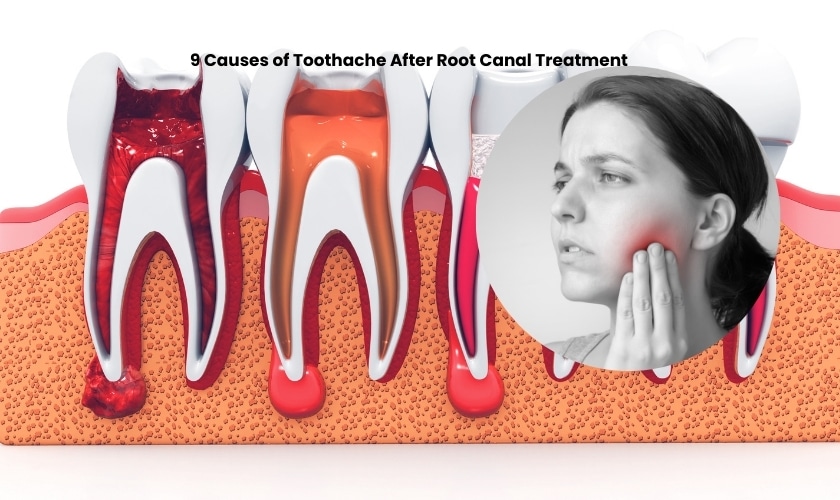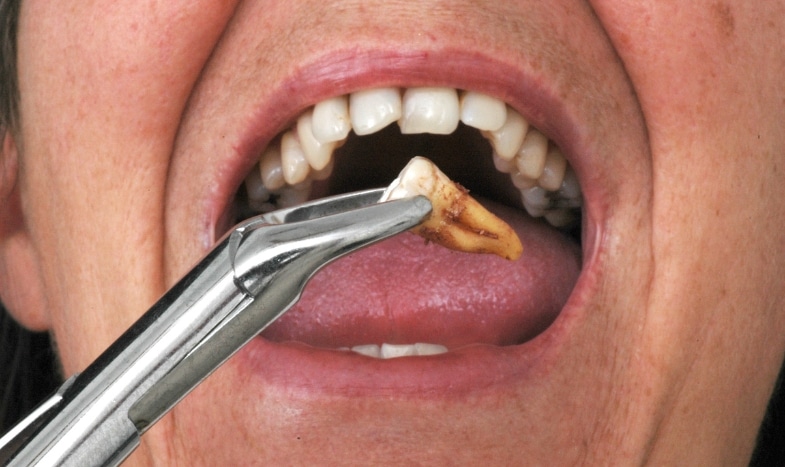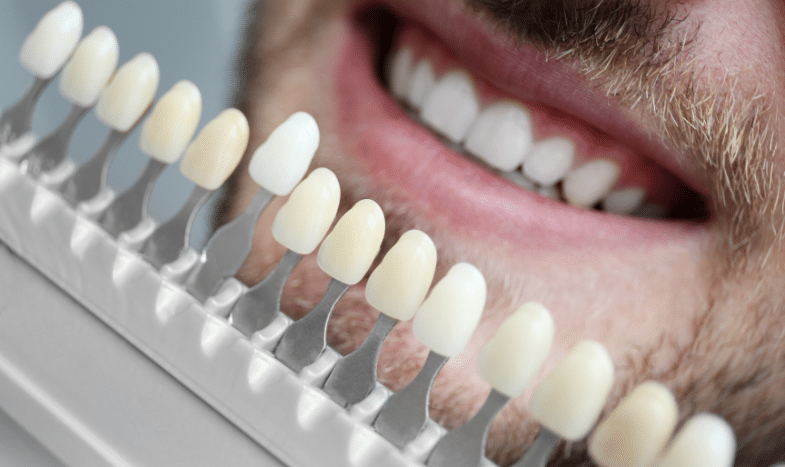
9 Causes of Toothache After Root Canal Treatment
Root canals are a common dental procedure that removes infected pulp from a tooth, saving it from extraction. While the procedure itself is effective, it’s normal to experience some discomfort afterward. However, if you experience a persistent toothache after a root canal, it can be concerning.
This blog delves into the nine potential causes of toothache after root canal and provides tips for managing the discomfort and ensuring a smooth recovery.
Understanding Root Canals and Potential Discomfort
During a root canal, the dentist removes the infected pulp, cleans the canals within the tooth’s root, and seals the tooth with a filling or crown. While the infected tissue is eliminated, the surrounding tissues can become inflamed due to the procedure itself or the pre-existing infection. This inflammation often leads to mild to moderate discomfort for a few days following the root canal.
9 Causes of Toothache After Root Canal
1. Inflammation: As mentioned earlier, inflammation is the most common causes of toothache after a root canal. The tissues surrounding the treated tooth, including the ligaments, can become swollen and irritated, leading to pain. This discomfort usually subsides within a few days to a week with proper care.
2. Temporary Filling: A temporary filling is placed after the root canal to protect the tooth and allow for healing. If this filling is too high, it can cause the tooth to feel higher than your other teeth when you bite down. This uneven pressure can lead to pain and discomfort.
3. Fractured Tooth: Sometimes, a tooth undergoing root canal therapy may already have a small crack or fracture that goes unnoticed. The procedure itself or the post-operative pressure can worsen this fracture, causing pain.
4. Missed Canal: The root canals of a tooth can be complex and sometimes have additional canals that are difficult to locate. If a canal is missed during the root canal procedure, the infection may persist and cause pain.
5. Incomplete Cleaning: Even with the best efforts, there’s a slight chance that the infected material within the canals may not be entirely removed during the root canal. This residual infection can lead to post-operative pain and swelling.
6. Oversized Crown: The permanent crown placed on the treated tooth after healing should fit seamlessly with your bite. If the crown is too large, it can put a strain on the tooth and surrounding bone, leading to pain.
7. Allergic Reaction: In rare cases, some individuals may experience an allergic reaction to the materials used during the root canal procedure, such as the filling material or the medication used to numb the area. This can cause inflammation and pain.
8. Sinus Issues: The upper teeth are located close to the sinuses. Sometimes, pain after a root canal can be radiating from a sinus infection that mimics toothache.
9. Improper Healing: In some cases, the healing process after a root canal may be compromised due to factors like underlying health conditions or poor oral hygiene. This can lead to persistent pain and discomfort.
What are the symptoms of a failed root canal?
The text already briefly mentions the symptoms of a failed root canal, but here’s a more detailed elaboration you can add to the “When to See Your Dentist” section:
Symptoms of a Failed Root Canal:
While some discomfort after a root canal is normal, the following symptoms can indicate a failed root canal and necessitate a visit to your dentist:
- Increased Pain: Instead of gradual improvement, the pain intensity worsens or becomes constant, throbbing, or pulsating.
- Persistent Swelling: Facial swelling or swelling around the treated tooth that persists or worsens over time is a red flag.
- Fever or Chills: These flu-like symptoms can indicate a spreading infection.
- Drainage: Pus draining from the tooth or gums near the treated area signifies a potential infection.
- Difficulty Chewing or Biting: If biting or chewing becomes increasingly painful, it could indicate damage to the tooth or surrounding bone.
- Change in Bite: A noticeable change in your bite, where the treated tooth feels out of place, can indicate issues with the crown or continued problems with the tooth.
- Bad Breath or Foul Taste: A persistent bad taste or foul breath can be a sign of an underlying infection.
Tips for Managing Toothache After Root Canal
Here are some tips to manage discomfort after a root canal:
- Over-the-counter pain relievers: Medications like ibuprofen or acetaminophen can help alleviate pain and inflammation.
- Cold compress: Apply a cold compress to the outside of your cheek near the treated tooth for 15-minute intervals to reduce swelling.
- Pain relievers prescribed by your dentist: Your dentist may prescribe stronger pain medication if over-the-counter options don’t provide sufficient relief.
- Soft foods: Stick to a soft-food diet for the first few days after your root canal to avoid putting additional pressure on the treated tooth.
- Good oral hygiene: Maintain good oral hygiene by brushing and flossing gently around the treated tooth to prevent further infection.
When to See Your Dentist
While some discomfort after a root canal is normal, it’s crucial to seek professional help if the pain is severe, persistent, or worsens over time. Additionally, if you experience any of the following symptoms, contact your dentist Riverside immediately:
- Throbbing or pulsating pain
- Fever or chills
- Swelling that worsens or doesn’t subside
- Difficulty breathing or swallowing
- Drainage from the tooth
A toothache after a root canal doesn’t necessarily mean the procedure failed. Understanding the various causes and following proper aftercare tips can help manage discomfort and ensure a smooth recovery. However, if the pain is severe or persistent, don’t hesitate to reach out to your dentist for prompt evaluation and treatment.
FAQs
1. How long is it normal to have a toothache after a root canal?
Mild discomfort for 2-3 days is normal after a root canal. However, if the pain is severe, persistent, or worsens over a week, consult your dentist.
2. What can I do to relieve toothache after a root canal?
Over-the-counter pain relievers, cold compresses, and a soft diet can help manage discomfort. Your dentist may prescribe stronger pain medication if needed.
3. Can a root canal fail?
Yes, root canals can occasionally fail due to missed canals, incomplete cleaning, or other factors. Persistent pain or infection can indicate a failed root canal, requiring further treatment.
4. What are the alternatives to a root canal?
The alternative to a root canal is usually tooth extraction. However, extraction can lead to complications like bone loss and difficulty chewing. Preserving the natural tooth with a root canal is always preferable if possible.
5. How can I prevent toothaches in the future?
Maintaining good oral hygiene with regular brushing, flossing, and dental checkups is crucial for preventing future toothaches and infections that may necessitate root canals.




